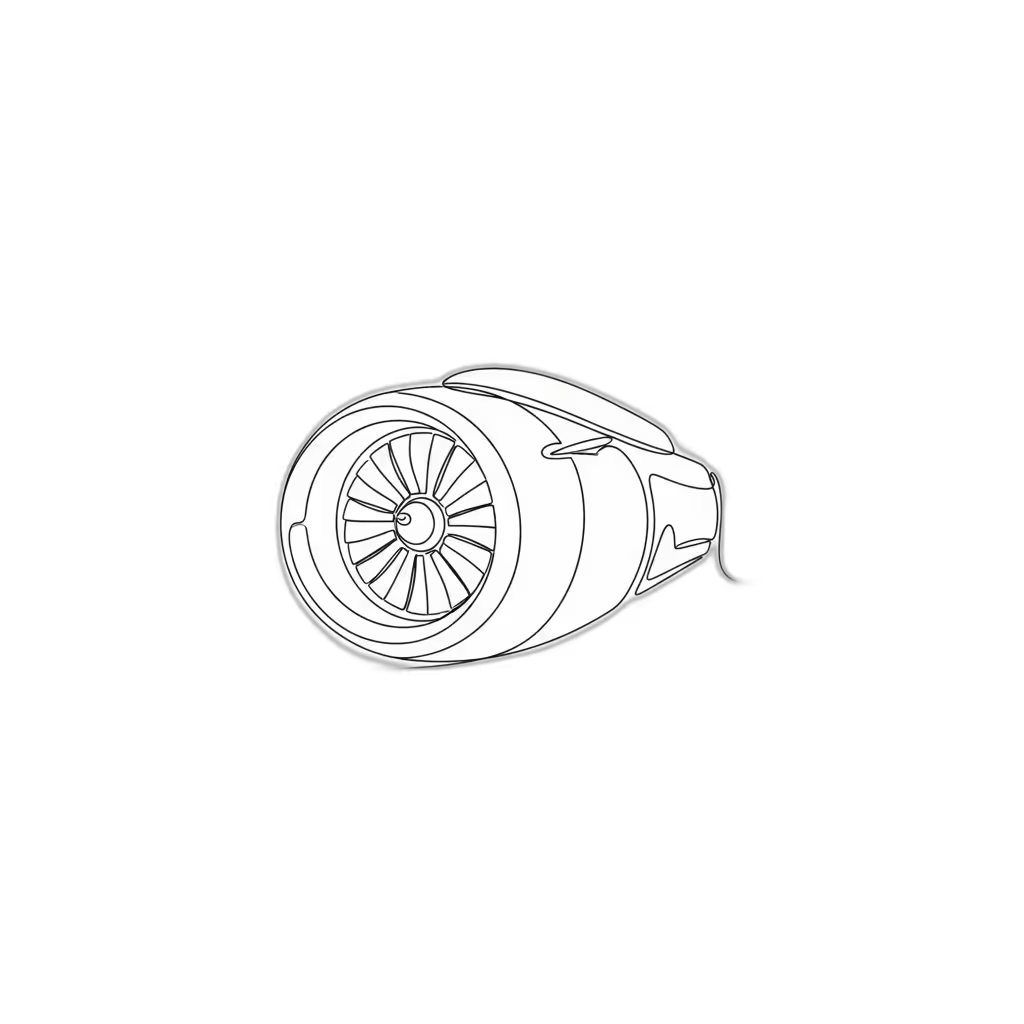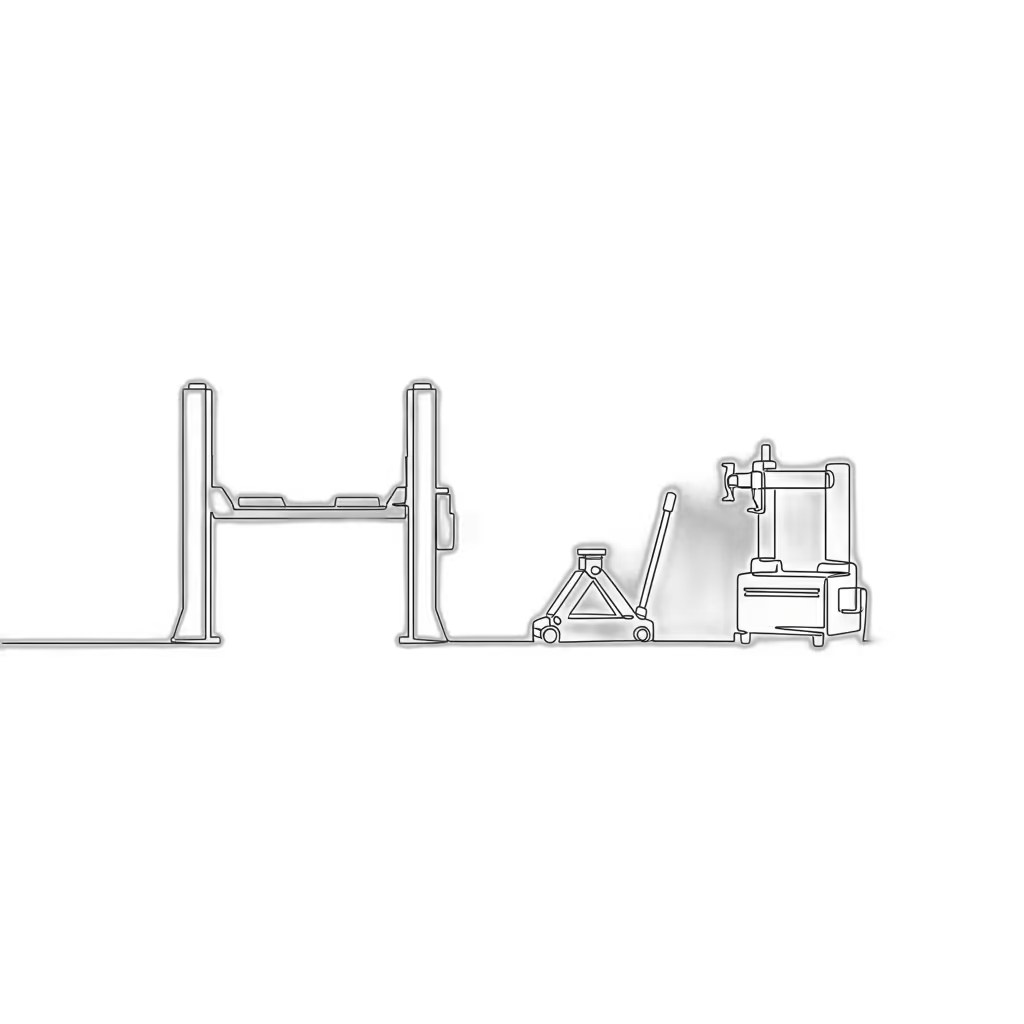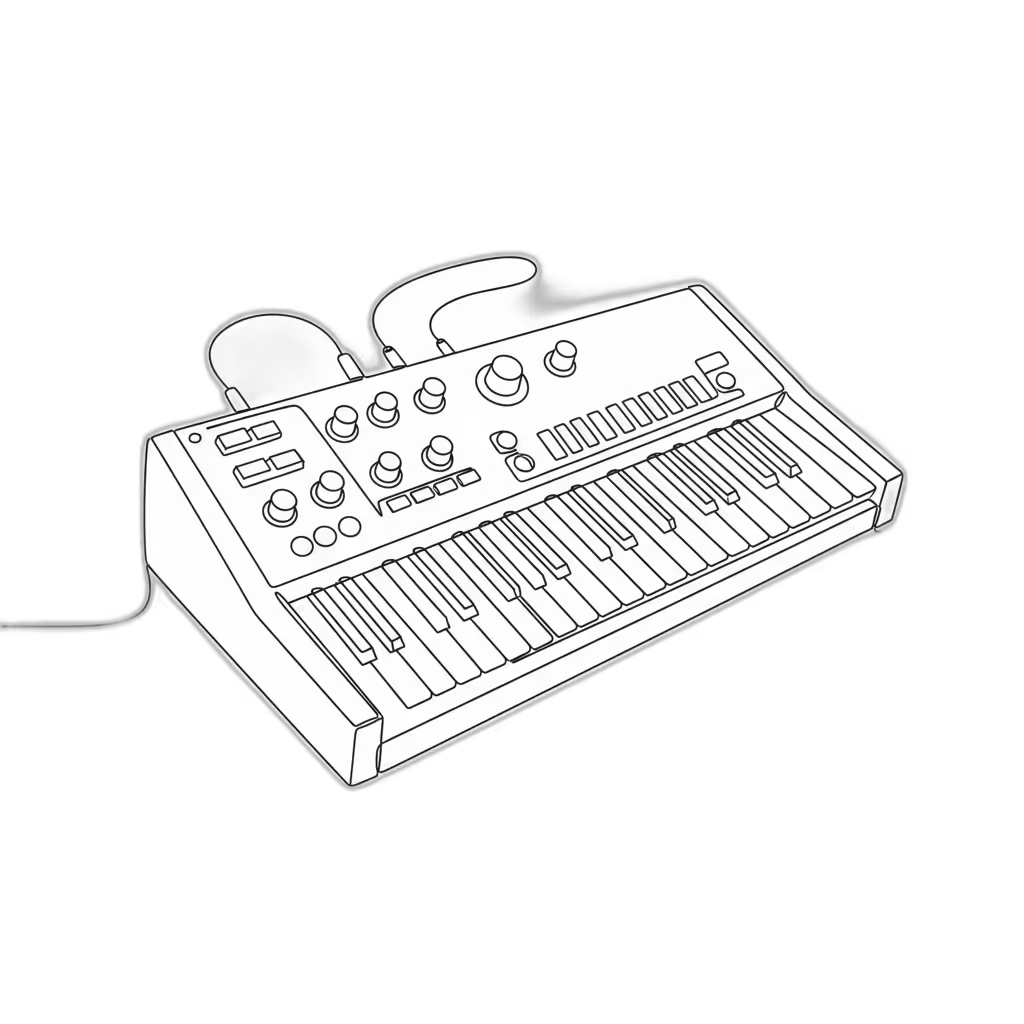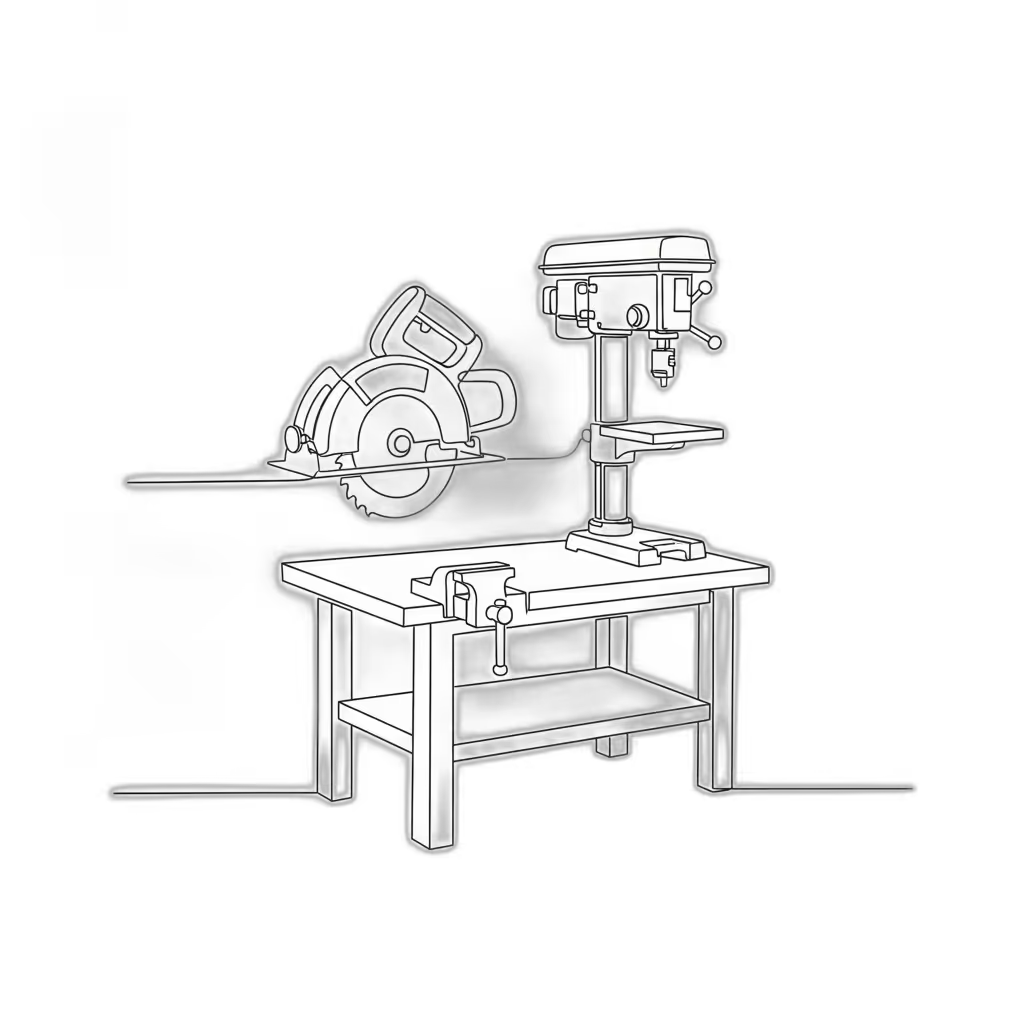






5-Star Valuation Services, Loved by Hundreds
Frequently Asked
Questions
No Frequently Asked Questions Found.
Key examples of personal use assets include primary residences, vacation homes, art collections, antiques, classic cars, boats, and other items acquired primarily for personal pleasure. Unlike business assets, these possessions are not primarily designed to generate income or serve commercial objectives.
The classification of personal use carries significant implications for financial and legal considerations. Tax regulations, insurance requirements, and estate planning all rely on understanding the nuanced distinctions between personal and commercial asset usage. For instance, expenses related to personal-use assets typically differ from business-related expenditures in terms of tax deductibility and reporting requirements.
Personal use assets often transcend mere monetary value, embodying emotional significance and personal history. Family heirlooms, inherited collectibles, and cherished personal properties frequently represent more than their financial worth, carrying sentimental attachments and personal memories that cannot be easily quantified.
Understanding the specific nature of personal use assets helps individuals make informed decisions about valuation, protection, and potential future disposition. Whether considering insurance coverage, estate planning, or financial strategy, recognizing the unique characteristics of personal use assets provides a comprehensive approach to asset management and preservation.
These appraisals serve multiple critical purposes beyond simple valuation. They empower individuals to make informed financial decisions by offering precise insights into an item's current market value. Whether considering selling a valuable piece of art, negotiating a transaction, or understanding an asset's true worth, a personal use appraisal provides essential context and clarity.
Insurance and financial planning represent key areas where personal use appraisals become particularly valuable. Insurance providers often require detailed documentation to ensure appropriate coverage, especially for high-value or unique items. In instances of loss, theft, or damage, a professional appraisal can expedite claims processing and ensure fair compensation based on current market conditions.
Estate planning and tax assessments also benefit significantly from these detailed evaluations. Individuals can use appraisals to accurately determine asset distribution among beneficiaries and ensure precise tax reporting. The process involves meticulous examination, market research, and expert analysis to produce an unbiased, comprehensive valuation report.
Professional appraisers conduct thorough inspections, examining an item's condition, rarity, historical significance, and current market demand. Their expertise allows them to provide nuanced assessments that go beyond simple price comparisons, offering clients a deep understanding of their asset's true value and potential.
Ultimately, personal use appraisals provide individuals with critical financial insights, helping them make more informed decisions about their personal assets with confidence and clarity.
Professional certified appraisers utilize sophisticated methodologies to analyze machinery value, considering multiple critical factors. These include equipment age, current condition, operational performance, maintenance history, technological relevance, and prevailing market conditions. By incorporating detailed examinations of physical attributes and economic context, appraisers can generate an accurate and defensible valuation.
The appraisal process typically involves three primary valuation approaches: cost, market, and income. The cost approach evaluates replacement expenses while accounting for depreciation. The market approach compares similar equipment transactions to establish fair market value. The income approach estimates potential future economic benefits generated by the machinery.
Key considerations during an equipment appraisal extend beyond simple numerical calculations. Appraisers carefully assess unique characteristics like specialized modifications, technological capabilities, and potential obsolescence. They also examine maintenance records, operational efficiency, and broader industry trends that might influence asset value.
The resulting comprehensive report serves multiple strategic purposes. It provides crucial documentation for financial transactions, insurance coverage, tax planning, potential sales, mergers, and internal asset management. By offering an objective, professional evaluation, equipment appraisals enable businesses to make informed decisions about their capital assets.
Ultimately, an Equipment & Machinery appraisal delivers more than just a monetary figure. It provides a nuanced understanding of an organization's technological infrastructure, supporting strategic planning and financial transparency.
When photographic documentation requires supplementation, professional appraisers leverage video conferencing platforms to conduct live consultations. These virtual interactions enable real-time discussions about equipment specifics, allowing for a more nuanced evaluation of complex machinery or specialized assets. Such remote assessment methods can significantly reduce time and travel expenses associated with traditional in-person appraisals.
The effectiveness of online appraisals depends on several critical factors. High-resolution, well-lit photographs that capture multiple angles and key mechanical details are essential for accurate initial assessments. Clients should be prepared to provide comprehensive documentation, including maintenance records, operational history, and any unique modifications or features that might impact the equipment's value.
While online appraisals offer remarkable convenience, they are not universally applicable. Certain highly specialized or intricate equipment may still require in-person examination to ensure a comprehensive and precise valuation. Professional appraisers will typically indicate when a remote assessment is insufficient and an on-site inspection becomes necessary.
Clients should always verify an appraiser's professional credentials and ensure the evaluation meets industry standards, particularly the Uniform Standards of Professional Appraisal Practice (USPAP). This diligence guarantees the reliability and credibility of the appraisal for potential uses such as financial reporting, insurance claims, or resale considerations.
Different types of equipment appraisers emerge from specific industrial domains, each bringing targeted expertise to the valuation process. Construction equipment appraisers evaluate heavy machinery like excavators and cranes, understanding regional development trends and equipment performance characteristics. Manufacturing equipment specialists focus on production machinery, analyzing technological complexity, usage history, and potential productivity impact.
Agricultural equipment appraisers examine farming machinery with nuanced understanding of seasonal productivity and technological advancements. Medical equipment professionals navigate intricate healthcare technology landscapes, assessing sophisticated diagnostic and surgical instruments. Transportation equipment experts evaluate vehicles and logistics equipment, considering depreciation rates and market demand dynamics.
Heavy equipment appraisers bring specialized knowledge to complex industrial machinery used in sectors like mining and energy. Technology equipment specialists track rapid technological evolution, providing critical insights into rapidly depreciating digital assets and communication systems.
Each appraiser type represents a unique intersection of technical knowledge, market understanding, and industry-specific insights. Their professional assessments provide crucial information for business decision-making, asset management, insurance purposes, and strategic planning across multiple economic sectors.
Insurance coverage represents a primary driver for professional appraisals. An accurate valuation ensures precise protection against potential losses, preventing both underinsurance vulnerabilities and unnecessary premium expenditures. By establishing a credible baseline for asset worth, organizations can design insurance strategies that are both protective and cost-effective.
Tax compliance represents another compelling rationale for equipment appraisals. When donating high-value machinery or equipment, a professional assessment becomes essential for substantiating tax deduction claims. These documented valuations provide the necessary transparency to satisfy regulatory requirements while potentially maximizing financial benefits.
Financial reporting demands rigorous asset valuation. Appraisals offer a clear, defensible representation of equipment value on balance sheets, enabling more sophisticated financial analysis. This transparency becomes particularly crucial when attracting investors or securing lending, as financial institutions rely on precise asset assessments to evaluate collateral and organizational health.
Legal proceedings frequently necessitate objective equipment valuations. During complex scenarios like partnership dissolutions or divorce settlements, a professional appraisal provides an impartial benchmark for asset division. The documented valuation serves as a credible reference point for negotiations, potentially mitigating potential conflicts.
Transaction dynamics also benefit significantly from professional appraisals. Whether purchasing or selling machinery, an independent valuation establishes a fair market baseline. This approach fosters trust between parties, facilitates more transparent negotiations, and helps prevent potential disputes arising from subjective price perceptions.
Strategic asset management represents the most forward-looking benefit of equipment appraisals. Regular assessments provide insights into asset depreciation, replacement timing, and potential upgrade opportunities. By understanding the precise value and condition of existing equipment, organizations can make more intelligent decisions about resource allocation, technological investments, and long-term operational planning.
Ultimately, a professional equipment and machinery appraisal transcends mere number-crunching. It represents a sophisticated tool for financial governance, risk management, and strategic organizational development.
What Makes Equipment & Machinery Appraisals Essential?
Equipment and machinery appraisals are essential strategic tools that provide comprehensive insights for various financial and operational contexts. These professional assessments deliver critical value evaluations that impact multiple aspects of business and personal asset management.
Key Purposes of Equipment & Machinery Appraisals
- Fair Market Value Determination: Provides an objective assessment of what a willing buyer would pay in an open market transaction
- Insurance Protection: Ensures accurate coverage amounts for asset protection and risk management
- Tax Planning: Supports precise depreciation calculations and potential tax liability optimization
- Financial Financing: Enhances credibility with lenders by offering third-party asset valuations
- Legal Settlement Support: Provides reliable valuation evidence during complex proceedings
Critical Valuation Considerations
Market Dynamics
Professional appraisals consider multiple factors beyond simple asset age, including:
- Current market demand
- Equipment condition
- Technological relevance
- Potential future utility
- Comparable asset values
Strategic Importance
Equipment and machinery appraisals transcend simple monetary calculations. They represent strategic insights that help stakeholders make informed decisions, protect financial interests, and maintain comprehensive asset management protocols.
By delivering precise, comprehensive valuations, these assessments serve as critical tools for businesses and individuals navigating complex financial landscapes.
Navigating the Landscape of Personal Equipment Valuation
Understanding the true value of your equipment and machinery is crucial for various personal needs, from insurance protection to estate planning. Personal equipment appraisal is a specialized process that meticulously evaluates the worth of machinery based on multiple critical factors.
Key Considerations in Personal Equipment Valuation
1. Purpose of Appraisal
Clearly define the primary objective of your valuation, as different purposes can significantly impact the appraisal approach:
- Insurance coverage documentation
- Potential resale planning
- Estate and inheritance matters
- Personal asset management
2. Equipment Categorization
Personal equipment encompasses a diverse range of items, including:
- Agricultural machinery
- Construction and industrial tools
- Recreational vehicles
- Home improvement and specialized equipment
3. Comprehensive Condition Assessment
A meticulous inspection involves evaluating multiple aspects of equipment, such as:
- Overall physical condition
- Level of wear and tear
- Current operational functionality
- Modifications or improvements
- Potential repair or restoration requirements
4. Market Dynamics Evaluation
Professional appraisers consider complex market factors that influence equipment value:
- Current industry trends
- Historical sale data
- Supply and demand fluctuations
- Technological advancements
- Economic conditions affecting specific equipment sectors
5. Professional Appraisal Standards
Adherence to established industry standards ensures reliable and credible valuations. Reputable organizations like the American Society of Appraisers and the International Society of Appraisers provide comprehensive guidelines for accurate assessments.
By approaching personal equipment valuation strategically and working with qualified professionals, you can gain comprehensive insights into your assets' true worth, enabling more informed financial and personal decision-making.
Types of Equipment Appraisals You Should Know
Understanding the nuances of equipment and machinery appraisals can help you make informed decisions about asset valuation and potential uses. Here are the critical types of equipment appraisals every stakeholder should know:
1. Fair Market Value Appraisal
A fair market value appraisal estimates the price an equipment item would command in an open market transaction. Key considerations include:
- Current equipment condition
- Age of the asset
- Prevailing market trends
- Potential buyer interest
This appraisal type is essential for sales negotiations, insurance documentation, and precise tax assessments.
2. Replacement Cost Appraisal
Replacement cost appraisals calculate the expense of acquiring a new asset with equivalent functionality. Primary applications include:
- Insurance claim preparations
- Financial reporting requirements
- Budgeting for equipment renewals
- Comprehensive asset valuation
3. Liquidation Value Appraisal
When rapid asset conversion is necessary, liquidation value appraisals provide a realistic estimate of potential sale proceeds during forced sale scenarios. Typical scenarios include:
- Business restructuring
- Bankruptcy proceedings
- Rapid asset disposition
- Emergency financial repositioning
4. Salvage Value Appraisal
Salvage value appraisals assess an asset's residual worth after accounting for depreciation. This evaluation helps organizations:
- Understand long-term equipment economics
- Plan for asset retirement
- Estimate potential resale opportunities
- Make informed investment decisions
5. Highest and Best Use Appraisal
This sophisticated appraisal determines an asset's most economically viable utilization by examining:
- Local zoning regulations
- Current market demand
- Potential alternative applications
- Economic feasibility
By comprehensively understanding these appraisal approaches, stakeholders can develop strategic insights, optimize asset management, and support robust financial planning across personal and professional domains.
Decoding the Factors Behind Accurate Equipment Valuation
Understanding Equipment Valuation Factors
Accurate equipment valuation is critical for various personal use scenarios, providing crucial insights for purchases, insurance coverage, and potential resale strategies.
Key Determinants of Equipment Value
- Equipment Condition
- The physical state of machinery plays a pivotal role in determining its value. Critical aspects include:
- Overall wear and tear assessment
- Current functional capabilities
- Potential repair requirements
- Comprehensive maintenance history
- Age and Model Considerations
- Equipment age and specific model details directly impact valuation through:
- Depreciation rate calculations
- Technological relevance
- Availability of replacement parts
- Manufacturer support status
- Original Purchase Price
- While not the sole determinant, the initial investment provides a critical baseline for understanding current market value, accounting for:
- Depreciation trajectories
- Initial quality and brand reputation
- Long-term value retention
- Market Demand Dynamics
- Current market trends significantly influence equipment valuation through:
- Industry-specific demand fluctuations
- Regional economic conditions
- Technological advancements
- Supply and demand equilibrium
- Utilization Patterns
- Equipment usage directly correlates with its potential value, considering:
- Intensity of previous operations
- Environmental conditions of use
- Potential remaining service life
- Performance consistency
- Certifications and Modifications
- Specialized enhancements can substantially impact equipment valuation:
- Industry-specific certifications
- Custom performance modifications
- Enhanced functionality features
- Compliance with current standards
Strategic Valuation Insights
By comprehensively analyzing these interconnected factors, individuals can develop a nuanced understanding of equipment valuation. This holistic approach ensures more accurate, fair, and reliable assessments that reflect true market value and potential.
Inside the Equipment Appraisal Process: A Step-by-Step Guide
Understanding the Equipment Appraisal Process
Equipment appraisal is a critical methodology for determining the precise value of machinery and equipment for personal use. This comprehensive process helps individuals make informed decisions across various financial and legal scenarios.
Key Steps in Equipment Appraisal
- Comprehensive Equipment Identification
- Catalog all items for appraisal
- Document detailed specifications:
- Make and model
- Year of manufacture
- Specific technical specifications
- Capture high-resolution photographs for visual documentation
- Clarify Appraisal Purpose
- Determine specific objectives
- Potential purposes include:
- Insurance coverage
- Financial planning
- Asset management
- Tax assessment
- Professional Appraiser Selection
- Choose certified professionals with specialized expertise
- Verify credentials from recognized appraisal organizations
- Ensure adherence to industry standards
- Comprehensive Equipment Inspection
- Detailed physical assessment of machinery
- Evaluate critical factors:
- Current condition
- Operational functionality
- Existing modifications
- Review maintenance and operational history
- Thorough Market Research
- Analyze current market conditions
- Review recent comparable sales
- Consider economic factors influencing equipment value
- Comprehensive Valuation Report
- Detailed documentation of appraisal findings
- Include:
- Precise appraised value
- Valuation methodologies
- Potential limitations or assumptions
- Final Review and Action
- Discuss report with appraiser
- Address any questions or concerns
- Take appropriate next steps based on valuation
By following these systematic steps, individuals can confidently navigate the equipment appraisal process, ensuring accurate and reliable machinery valuation for personal use purposes.
Finding the Right Appraiser: Key Considerations
Selecting the Right Equipment and Machinery Appraiser
Choosing a professional appraiser for your equipment and machinery is a critical decision that can significantly impact your financial and strategic planning. The right appraiser provides valuable insights that inform crucial decisions related to financing, insurance, and asset management.
Essential Credentials to Evaluate
- Verify professional certifications from recognized organizations like:
- American Society of Appraisers (ASA)
- Appraisal Institute
- Confirm specialized expertise in your specific industry or equipment type
- Check for ongoing professional education and training
Critical Valuation Methodologies
A professional appraiser should demonstrate proficiency in multiple valuation approaches:
- Cost Approach: Evaluates replacement or reproduction costs
- Sales Comparison Approach: Analyzes market prices of similar equipment
- Income Approach: Assesses potential revenue generation capabilities
Documentation and Verification Process
- Request and review sample appraisal reports
- Evaluate report clarity and analytical depth
- Seek client references and testimonials
- Verify professional reputation and track record
Communication and Professional Standards
Look for an appraiser who demonstrates:
- Clear and transparent communication
- Willingness to explain complex valuation processes
- Prompt responsiveness to inquiries
- Comprehensive post-appraisal support
By carefully considering these key factors, you can confidently select a qualified appraiser who will provide accurate, reliable, and comprehensive equipment and machinery valuations tailored to your specific needs.
Documentation Essentials for a Comprehensive Appraisal
Documentation Essentials for a Comprehensive Equipment Appraisal
When seeking an equipment and machinery appraisal for personal use, proper documentation is crucial to ensure accuracy and fairness in the valuation process. A thorough appraisal not only establishes the worth of your assets but can also provide critical insights for financial decisions, negotiations, and future investments.
Key Documentation for Accurate Valuation
- Purchase Records
- Detailed invoices and original receipts
- Original purchase price documentation
- Comprehensive item specifications
- Maintenance and Repair History
- Complete service records
- Detailed repair documentation
- List of significant upgrades or modifications
- Technical Specifications
- Original manufacturer's manuals
- Technical specification sheets
- Brochures and original equipment documentation
- Usage Documentation
- Comprehensive operating hours log
- Utilization reports
- Context of equipment application and environment
- Market Comparative Information
- Recent sales data for similar equipment
- Current market trends
- Industry-specific valuation benchmarks
- Ownership Verification
- Clear title documents
- Proof of legal ownership
- Transfer of ownership records (if applicable)
- Visual and Condition Documentation
- High-quality, recent photographs
- Detailed condition assessment reports
- Documentation of any visible wear or damage
Benefits of Comprehensive Documentation
Organizing these critical documents streamlines the appraisal process and provides several key advantages:
- Ensures more accurate valuation
- Provides transparency in the assessment
- Supports potential future financial or legal considerations
- Demonstrates thorough equipment management
Meticulous documentation is your strongest asset in obtaining a precise and reliable equipment appraisal. By preparing a comprehensive document package, you maximize the potential for an accurate and fair valuation.
Debunking Common Equipment Appraisal Myths
Navigating Equipment Appraisal: Separating Fact from Fiction
Equipment and machinery appraisals are often misunderstood, leading to potential misconceptions that can impact critical financial decisions. Understanding the nuanced reality of professional appraisals is essential for effective asset management.
Myth 1: Appraisals Are Only for Selling Equipment
Contrary to popular belief, equipment appraisals serve multiple purposes beyond sales transactions:
- Insurance coverage verification
- Estate planning and asset documentation
- Tax valuation and reporting
- Investment strategy development
- Loan collateral assessment
Myth 2: All Appraisers Are Equally Qualified
The expertise of an appraiser significantly impacts valuation accuracy. Key considerations include:
- Specialized industry knowledge
- Technical understanding of specific equipment types
- Comprehensive market trend awareness
- Professional certifications and credentials
- Proven track record in precise valuation methodologies
Myth 3: Appraisal Value Equals Market Value
These two valuations differ substantially in their approach and calculation:
- Market value represents potential buyer's willingness to pay
- Appraised value considers:
- Current equipment condition
- Functional capabilities
- Depreciation factors
- Comprehensive market analysis
Myth 4: DIY Appraisals Are Equally Reliable
Self-conducted appraisals often fall short due to:
- Limited access to comprehensive market data
- Lack of technical assessment expertise
- Potential emotional or biased valuations
- Overlooking critical depreciation factors
- Absence of standardized valuation methodologies
By understanding these nuanced perspectives, individuals and businesses can approach equipment appraisals with greater confidence and strategic insight. Professional appraisals provide a comprehensive, objective evaluation that supports informed decision-making across various financial and operational contexts.
How Market Dynamics Influence Equipment Value
Understanding Market Dynamics in Equipment Valuation
Market dynamics are complex mechanisms that profoundly impact equipment and machinery values, creating a nuanced landscape for buyers and sellers to navigate.
Core Valuation Factors
- Supply and Demand: The fundamental driver of equipment value
- Industry-Specific Trends: Unique market characteristics affecting pricing
- Equipment Condition: Physical state and technological relevance
- Economic Environment: Broader financial context influencing investments
Supply and Demand Mechanics
At the core of market dynamics is the intricate relationship between equipment availability and market need. Critical drivers include:
- Technological advancements creating equipment obsolescence
- Shifting industry requirements
- Regional economic development
Industry-Specific Market Influences
Different sectors experience unique valuation pressures:
- Agricultural machinery values driven by productivity innovations
- Construction equipment pricing tied to project development cycles
- Manufacturing equipment influenced by technological upgrades
Equipment Condition Considerations
Value is significantly impacted by:
- Maintenance history
- Age of equipment
- Technological capabilities
- Potential for future upgrades
Economic Climate Impact
Broader economic conditions create substantial valuation fluctuations, including:
- Investment confidence levels
- Financing availability
- Sector-specific growth projections
Understanding these interconnected dynamics enables more strategic decision-making in equipment appraisal and investment.
Strategic Reasons for Personal Equipment Appraisals
Strategic Benefits of Personal Equipment Appraisals
Understanding the value of personal equipment and machinery is crucial for making informed financial decisions. Professional appraisals provide comprehensive insights that can positively impact various aspects of asset management.
Financial Planning and Asset Management
- Establish a clear picture of your financial portfolio
- Support informed decision-making for selling or financing equipment
- Optimize tax planning and potential deductions
- Accurately track the current value of personal assets
Insurance and Risk Management
- Streamline insurance claim processes
- Determine accurate coverage limits
- Ensure fair compensation in case of damage, theft, or loss
- Provide documented proof of equipment value to insurance providers
Resale and Market Positioning
- Gain insights into current market trends
- Set competitive and accurate pricing
- Increase chances of successful equipment sales
- Understand depreciation and market demand
Estate Planning Considerations
- Accurately evaluate total asset value
- Facilitate smoother asset distribution
- Minimize potential disputes among beneficiaries
- Provide clear documentation of equipment worth
Professional equipment appraisals offer strategic advantages that extend beyond simple valuation, providing critical insights for comprehensive financial management and personal asset strategy.
Best Practices for Equipment Record Keeping
Comprehensive Equipment Record Keeping: A Strategic Approach
Meticulous record-keeping is the cornerstone of accurate equipment valuation and management. By developing a systematic documentation strategy, individuals can ensure precise appraisals, streamline maintenance, and protect their valuable assets.
Essential Documentation Components
- Purchase Documentation
- Original purchase receipts
- Manufacturer specifications
- Initial purchase price and date
- Maintenance History
- Detailed service and repair logs
- Parts replacement records
- Professional service documentation
- Usage Tracking
- Frequency of operation
- Operating conditions
- Environmental exposure details
Strategic Record Management Techniques
- Digital Storage Optimization
- Use cloud-based storage solutions
- Create consistent digital file naming conventions
- Implement backup systems
- Periodic Value Assessment
- Schedule regular equipment evaluations
- Track market value trends
- Update documentation annually
Key Benefits of Robust Record Keeping
- Enhanced accuracy during appraisal processes
- Improved maintenance planning
- Better insurance documentation
- Increased potential resale value
A disciplined approach to equipment documentation transforms record-keeping from a mundane task into a strategic asset management tool. By capturing comprehensive details and maintaining organized records, individuals can make informed decisions about their equipment's lifecycle, value, and potential.
Maximizing Value: Your Equipment Appraisal Strategy
Developing a Comprehensive Equipment Appraisal Strategy
Understanding the value of your equipment and machinery is a critical step in effective asset management and financial planning. A strategic approach to equipment appraisal can provide valuable insights that support informed decision-making.
Key Components of an Effective Appraisal Strategy
- Comprehensive Equipment Inventory
- Create a detailed list of all machinery and equipment
- Document critical details:
- Make and model
- Age of equipment
- Current condition
- Purchase date and original cost
- Maintain organized and up-to-date records
- Define Appraisal Purpose
- Identify specific objectives:
- Insurance valuation
- Asset sale preparation
- Estate planning
- Financial reporting
- Recognize that valuation purpose impacts assessment methodology
- Understand potential variations in market value
- Identify specific objectives:
- Selecting a Qualified Appraiser
- Key qualifications to evaluate:
- Industry-specific expertise
- Professional certifications
- Relevant professional affiliations
- Proven track record in equipment valuation
- Verify appraiser's specialized knowledge in your equipment type
- Key qualifications to evaluate:
- Strategic Timing Considerations
- Recognize factors influencing equipment value:
- Market demand
- Technological advancements
- Economic conditions
- Industry-specific trends
- Monitor market conditions for optimal valuation timing
- Recognize factors influencing equipment value:
- Appraisal Preparation
- Equipment presentation:
- Ensure equipment is clean
- Verify operational condition
- Demonstrate proper maintenance
- Gather supporting documentation:
- Maintenance records
- Original purchase invoices
- Service history
- Modification documentation
- Equipment presentation:
By implementing these strategic approaches, you can develop a robust equipment appraisal process that provides accurate insights, supports financial decision-making, and maximizes the value of your assets.
View all Locations
APPRAISEITNOW APPRAISERS ARE BEST-IN-CLASS & CREDENTIALED BY LEADING APPRAISAL ORGANIZATIONS LIKE THE ISA, ASA, & MORE.




























.svg)









